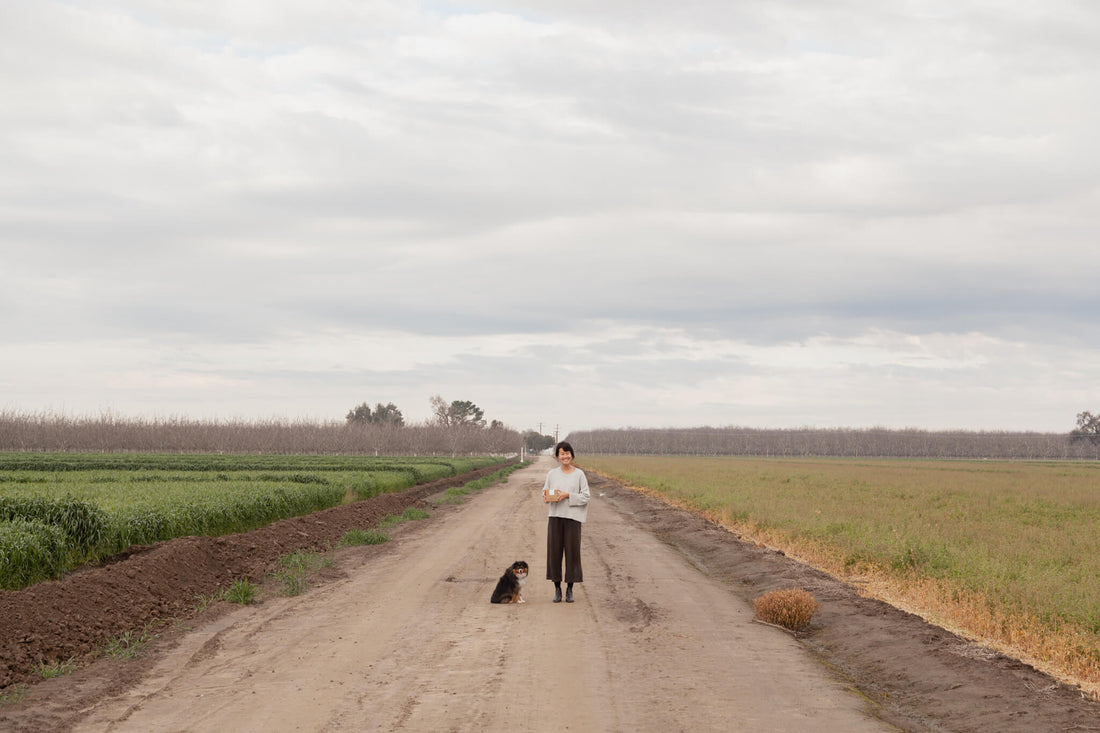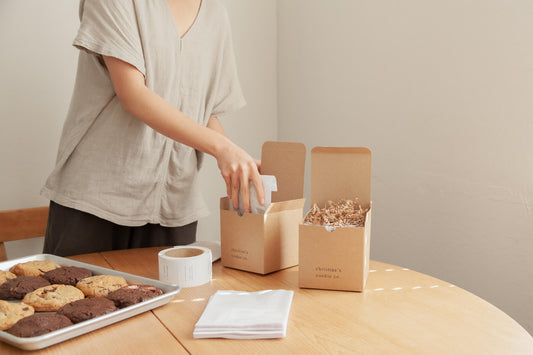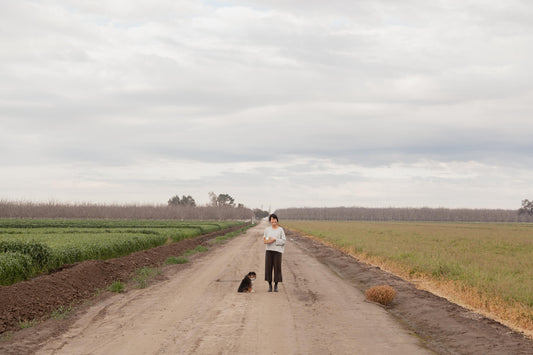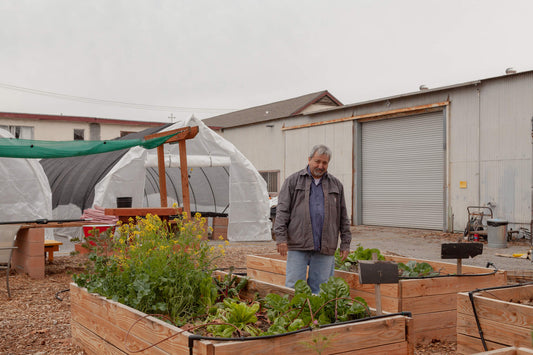At Christine's Cookie Co., we take pride in using all organic ingredients in our cookies. We don't see very many bakeries doing this, as the cost of organic ingredients is at least double their conventional counterparts. So why are we going completely organic, and is it that much better?
What it means to be organic
The video linked here is a great resource if you're interested in understanding organics, but to summarize, organic foods must be certified by third-party auditors on an annual basis. They are farmed and produced without prohibited substances, such as synthetic fertilizers and pesticides. Therefore, the certification process, the time it takes to grow organic foods vs. industrialized foods, and living wages for farm workers all add to the higher cost of organic foods. Also, though Christine's Cookie Co. currently uses all USDA organic certified ingredients, we too will need to go through an audit process to utilize the term organic for our cookies. This is a lesson to be aware of companies that market themselves as organic and to make sure they are third-party certified! It's not a simple process and keeps businesses accountable.

Is eating organic better for you?
A New York Times article shares a study where those who ate organic diets had 25% fewer cancer diagnoses, as pesticides are known to be endocrine disruptors and carcinogens (New York Times). If they're better for us, they're even better for the farmer and surrounding communities, who are even more exposed to pesticide use. Moreover, organic foods are also known to be more nutrient-dense, as they aren't farmed quickly and efficiently for mass food production. A Stanford study revealed that heavily fertilized conventional crops might grow faster and get bigger, but as a result, their nutrients may get diluted.
However, with climate change in the headlines, going organic isn't the only answer we can default to for a more sustainable lifestyle. Though organic, regenerative farming are excellent practices, the book Drawdown ranks less food waste and plant-rich diets as number three and four of all their solutions, based on cost-effectiveness and how quickly they can be implemented. We need a collective effort from food businesses, environmental groups, organizations, and policymakers to make changes, and we'd encourage you to look for ways to speak up and get involved. As quoted, "we need less ethical consumerism and more consumer activism" - a world where consumers not only buy from brands that they support but hold companies and governments accountable.

The impact of an organic bakery
Cookies won't change the world, but they can start the conversation. Since the start of our small business, we've debated whether or not we'd like to be 100% organic, tossing around the idea of maybe settling for a grass-fed butter instead of an organic one or sourcing non-organic options when we can't find certain ingredients locally. Yet, considering our mission and values, we've always had difficulty veering from 100% organic ingredients, and we hope you can appreciate our commitment to that as well.
With so many bakeries that can beat us with their prices, we admit it won't be easy to grow our business quickly. However, as we continue our journey, we hope you'll not only learn to appreciate the quality and love that goes behind our cookies but also the mission behind them. We look forward to sharing more about our journey to run a more sustainable cookie shop with you all and hope you're encouraged to be more educated and active in consumer activism.









![Spade and Plow: Organic Growers With a Whole Lot of [Artichoke] Heart](http://cometochristines.com/cdn/shop/articles/Spade_and_Plow_Christine_s_Cookie_Co_1.jpg?v=1623459806&width=533)



